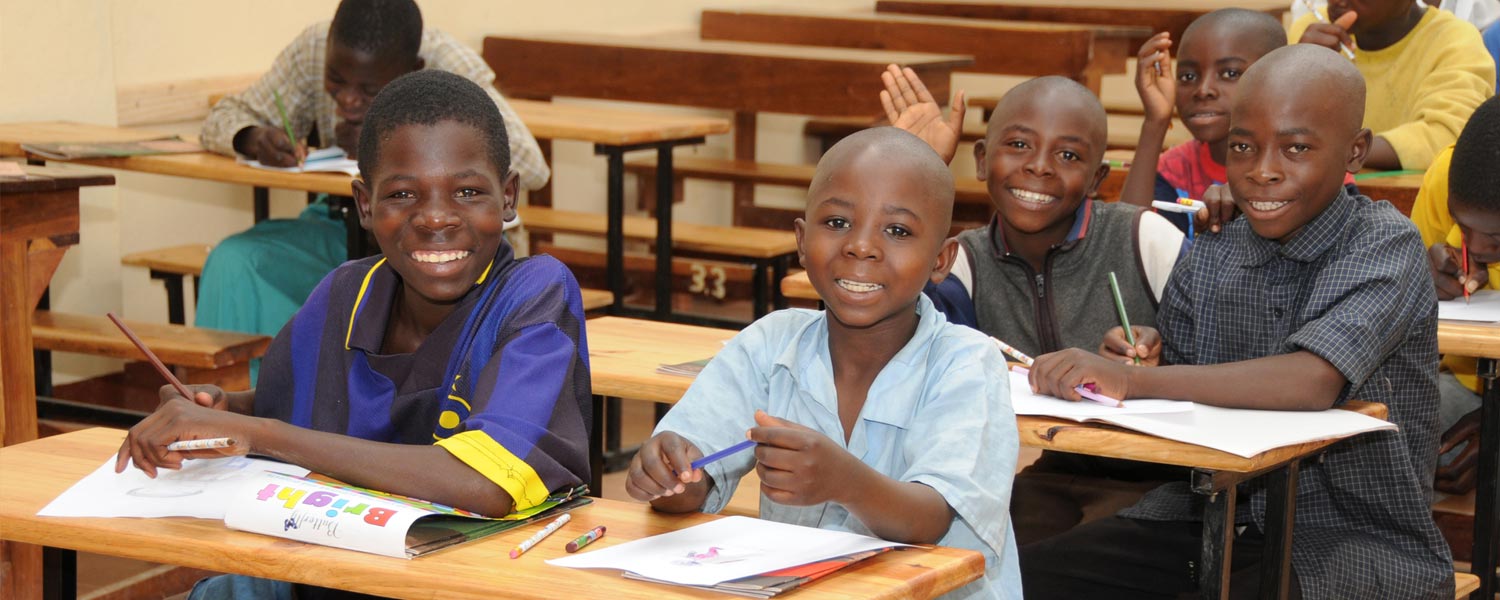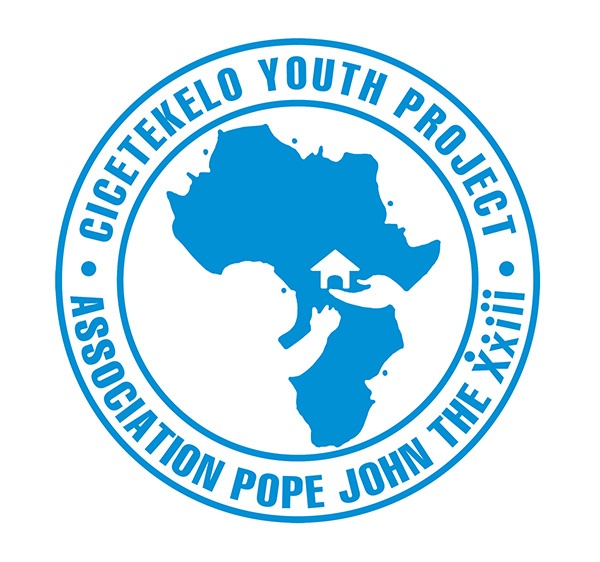Cicetekelo Youth Project (CYP) is a model of intervention for street children (children living and/or working in the street) and it is and OVC, started in 1997 in Ndola.
It is an emergency, prevention and long-term program based on a holistic approach that recognizes the specificity of every child –in terms of needs, aspirations, capabilities, etc. and provides tailored assistance accordingly. CYP is structured in four phases that refers to four different centres, located in different areas of the city:
Phase 1: Luigi Drop-in Centre
Phase 2: UCC Misundu children section
Phase 3: Nkwazi Children Centre “E. Pradarelli”
Phase 4: Misundu Youth Centre “Fr. Umberto Davoli”
The Project assists over 300 children every year, providing shelter, food, education, skills training, recreational activities, moral and spiritual formation, job opportunities while attempting to reintegrate them into their families.
CYP works in close cooperation with the Local Authorities and other local institutions and is integrating part of the community. Our facilities (football pitch, tennis and basketball courts, schools, etc.) are open to the public and accessible by everyone.


